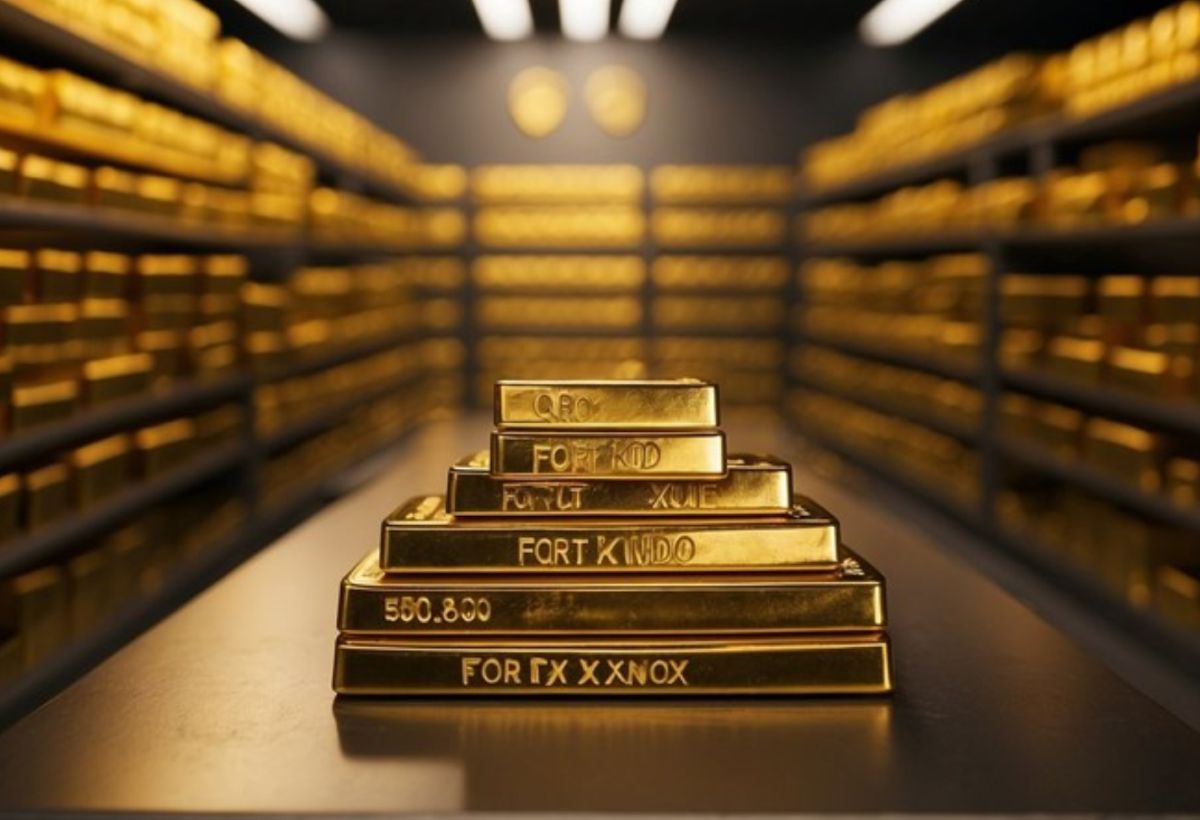At 6:00 a.m. on June 29, the world gold price fluctuated at 3,272.7 USD/ounce, up 27% in the first half of 2025 alone. In that context, few people know that the US gold repatriation campaign has actually quietly begun more than a decade ago in Germany.
Peter Boehringer, a German lawmaker and initiator of Germany's golden return program, recounted that he began raising the issue to the parliament in 2007. It was not until 2013 that the German Central Bank took action, and in the following four years, it brought in a total of 674 tons of gold - including 300 tons from the New York Federal Reserve and 374 tons from the French Central Bank. This is one of the biggest physical gold transfers since the Bretton Woods system collapsed in 1971.
However, this process was not as transparent as expected. Mr. Boehringer revealed that Germany did not receive the exact gold bars they initially sent to the US. They have been cooked, have been exchanged for other culverts and their origin cannot be verified.
Fort knox gold wallet is worse no independent audits have been conducted for decades. That is unacceptable, he said.
The US claimed to hold more than 4,581 tonnes of gold at Fort knox, but the last inspection was a small portion, in 2017.

For Mr. Boehringer, the issue is no longer the belief in the USD as after World War II, but the real control.
If your reserves are overseas, you dont really own them, he said. That view has now spread globally. According to a 2025 survey by the Official Monetary and Financial Institutions (OMFIF), 70% of central banks said that political instability in the US is causing them to reduce their share of USD reserves, compared to only 37% last year.
A third of surveyed reserve managers said they will increase their gold holdings in the next two years, and 40% plan to do so within 10 years. The reason given is the depreciation of the currency due to widespread money printing, the risk of holding gold reserves abroad and the need to own real physical assets.
Germany currently holds 3,352 tonnes of gold, the world's second-largest gold consumer after the US. According to the German Central Bank, by 2023, about 50.5% of this gold had been stored in Frankfurt. The rest are still in New York and London.
Mr. Boehringer affirmed that Germany should increase its gold reserves and, more importantly, keep that amount of gold domestically. When asked about the possibility of a common gold warehouse in Europe, he said that this idea was completely well-founded, although it was still a politically sensitive issue. We cannot publicly acknowledge that. But that question is very important, he said.
While the proportion of global reserves in USD is forecast by the IMF to decrease from 58% to 50% by 2035, Mr. Boehringer warned of an era of financial disruption approaching. And in that world, he said, gold will become the only common multiple.











